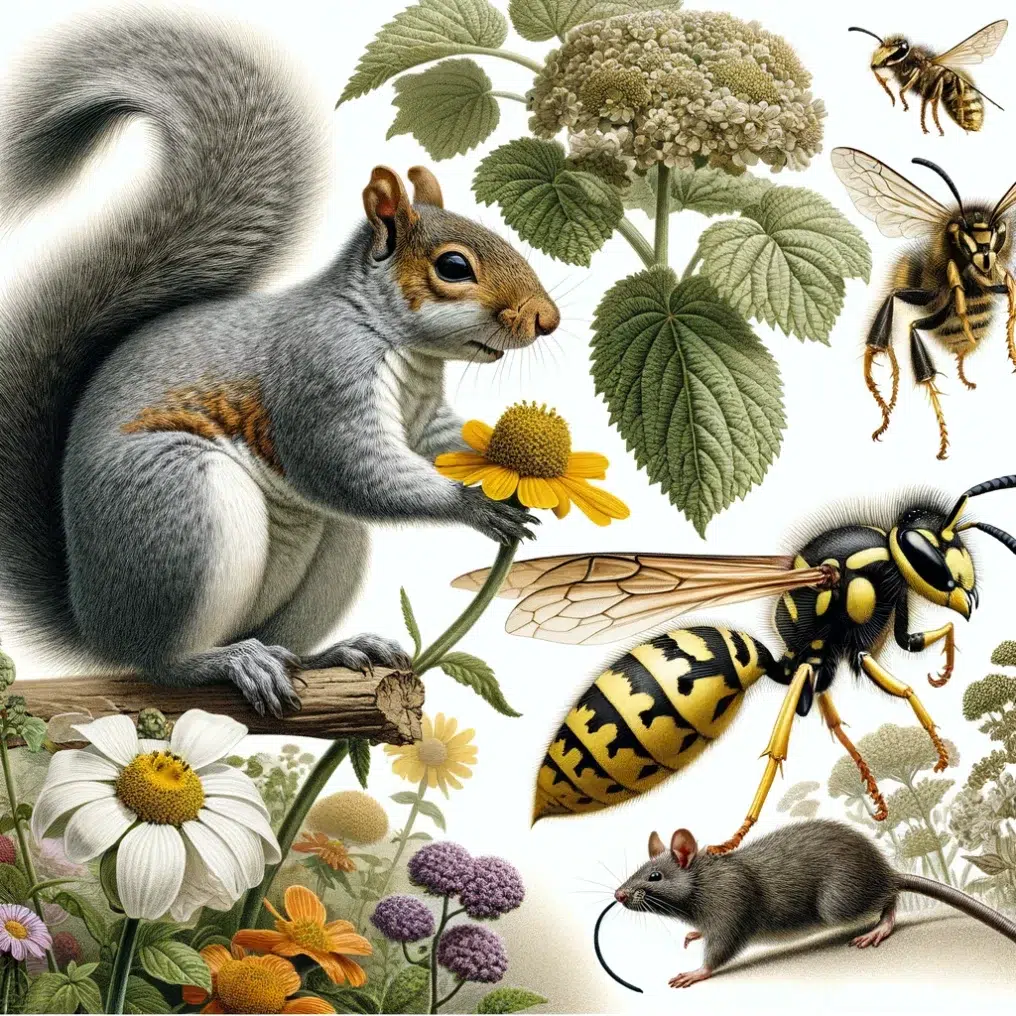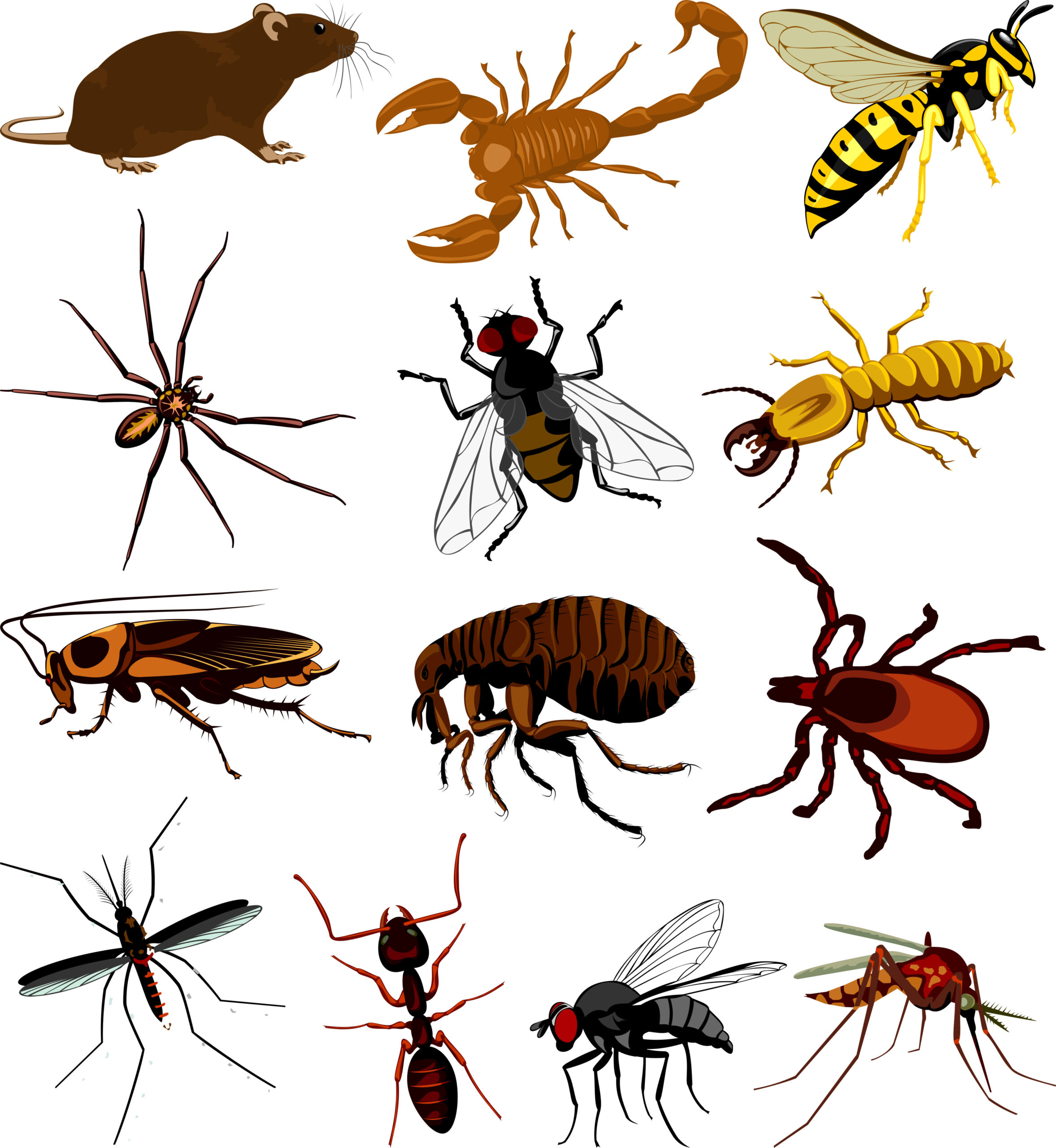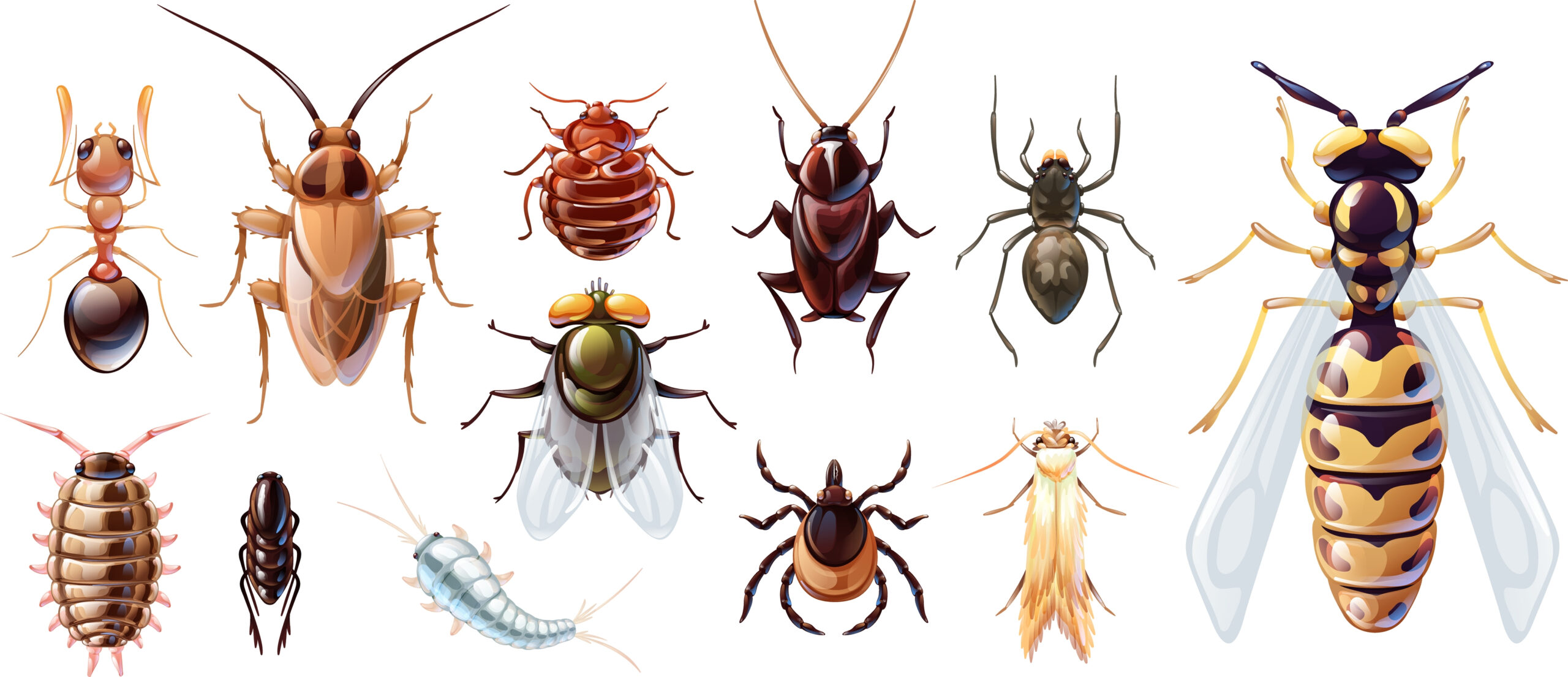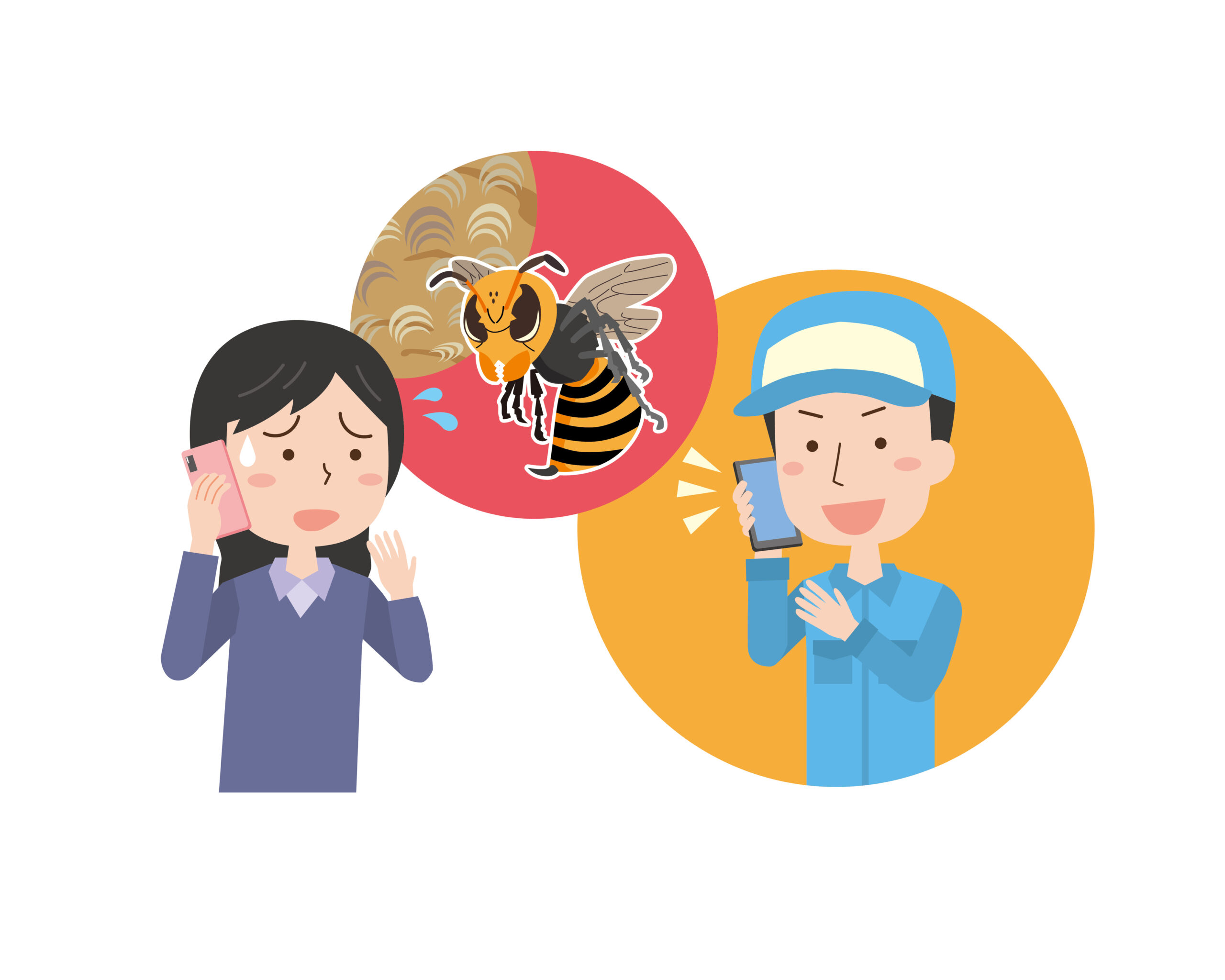Here’s a detailed list of both usual and unusual types of pests. We’ll outline ways to handle each, discussing traditional and alternative strategies.
For each pest listed, you’ll see two choices. One showcases methods commonly used, and the other suggests an alternative approach. Alternative approaches focus on eco-friendly or unconventional pest control measures.
Table of Contents
Key Takeaways
- Prevention methods such as sealing cracks and keeping the living space clean are important for managing commontypes of pests.
- DIY methods like using vinegar and water as a natural repellent can be effective in dealing with ants and spiders.
- Regular vacuuming, sealing cracks, and using spider repellents are effective methods for removing spiders.
- Calling professional pest control for severe infestations ensures expert eradication and long-term prevention of pests.
How to deal with most common types of pests
Let’s explore how to deal with the most common house pests. When it comes to pests invading your home, prevention is key. Start by making sure all cracks and crevices are sealed properly, as these tiny openings can serve as entry points for various types of pests. Additionally, keep your living space clean and tidy, as clutter can provide hiding spots for pests to thrive. Regularly vacuuming carpets and upholstery will help eliminate any eggs or larvae that may be present.
For those persistent pests that still manage to find their way indoors, there are a few DIY methods you can try before considering professional pest control. For example, if ants are causing trouble in your kitchen, mix equal parts vinegar and water in a spray bottle and apply it along their trails. This natural repellent will disrupt their scent trails and discourage them from returning.
Disclaimer: Bugwise Pest Control employs expert-level equipment and materials to deter or eradicate various types of pests. The techniques mentioned below don’t reflect our technicians’ procedures. You can experiment with them and determine their effectiveness for your specific scenario. If unsuccessful, please consider professional pest control.
Getting Rid of Spiders
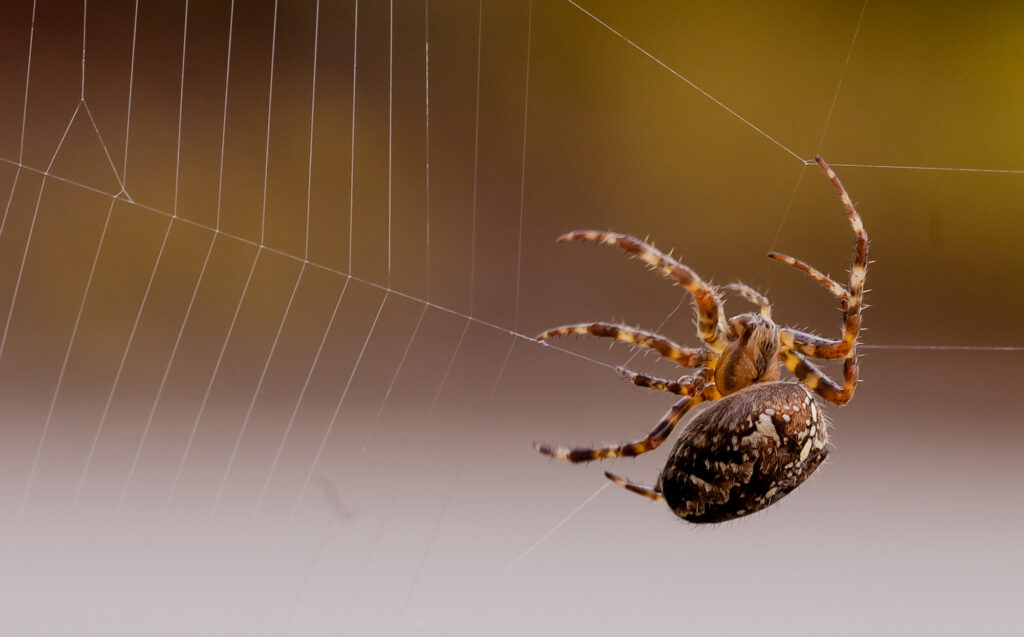
Typical methods of removing spiders
Regularly vacuuming and dusting your home can prevent spiders by eliminating their food sources and making your house less appealing. Seal cracks in walls, windows, and doors to deter them from entering. Spider repellents like sprays, peppermint oil, or vinegar can also be effective in common spider areas. If the infestation persists, seek professional pest control assistance.
| Method | Description | Pros |
|---|---|---|
| Regular vacuuming and dusting | Removes spider webs and eggs | Cost-effective |
| Sealing cracks and openings | Prevents spiders from entering the house | Long-term solution |
| Using spider repellents | Deters spiders from staying in certain areas | Natural options available |
| Professional pest control service | Effective for severe infestations | Expert knowledge |
Alternative methods of removing spiders
Another effective method for getting rid of spiders is using a mixture of vinegar and water as a natural repellent. This simple solution can help keep those eight-legged creatures away from your home. Here’s why it works:
- Spiders dislike the strong smell of vinegar, making it an effective deterrent.
- The acidic nature of vinegar disrupts their sensory receptors, making them less likely to stay in an area treated with the mixture.
- Vinegar also helps eliminate any pheromone trails left by spiders, preventing them from returning to the same spot.
- By using a natural repellent like vinegar and water, you avoid exposing yourself and your family to harmful chemicals found in commercial pesticides.
So next time you spot a spider lurking around, try this easy DIY remedy to keep them at bay!
Best: Call Professional Spider Exterminators
Getting Rid of Cockroaches
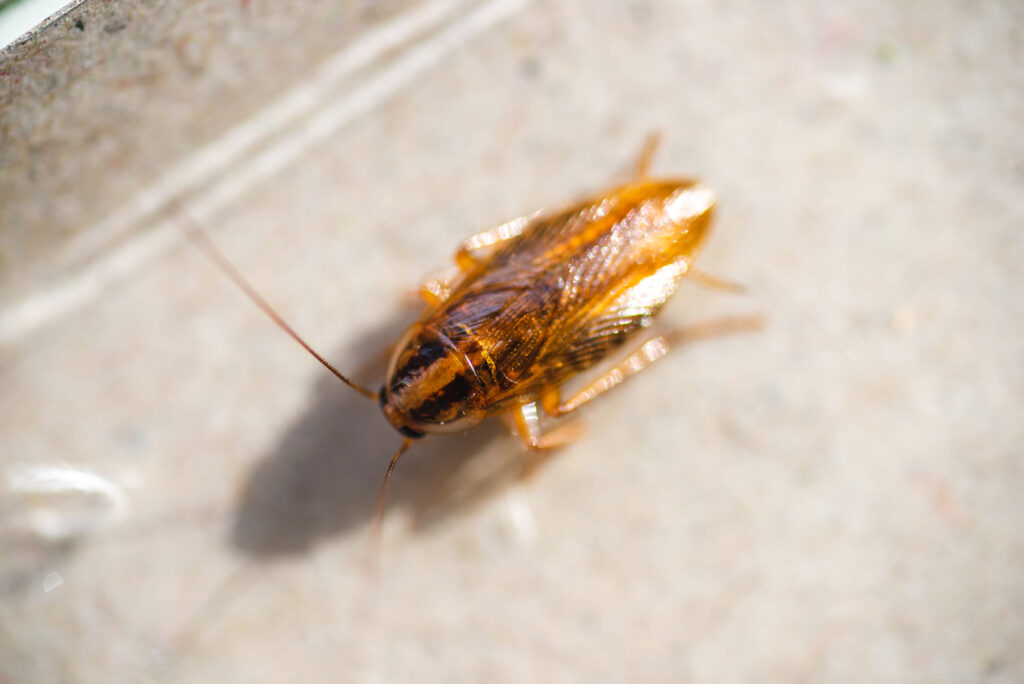
Typical ways to deter cockroaches
To deter cockroaches, make sure to seal any cracks or openings in your walls, floors, and baseboards. This will prevent these type of pests from finding their way into your home. In addition to sealing off entry points, here are three other effective methods for deterring cockroaches:
- Keep your house clean and tidy: Roaches are attracted to food crumbs and spills, so be sure to regularly vacuum and mop your floors. Clean up any food debris promptly and store all food in airtight containers.
- Eliminate standing water: Cockroaches need water to survive, so fix any leaks or drips around the house. Also, empty out pet water bowls overnight and ensure that sinks and drains are dry.
- Use natural deterrents: Certain scents repel cockroaches, such as peppermint oil or catnip. Try spraying these oils around areas where roaches may be frequent to keep them at bay.
Alternate methods
To deter cockroaches, try a mixture of baking soda and sugar as bait. Combine equal parts of both in a shallow dish or jar lid. Sugar attracts the pests, while baking soda acts as a lethal poison upon ingestion. Place bait stations near roach activity spots, like under sinks or behind appliances, keeping them away from children and pets. Regularly check and replace the bait for best result
Best: Call Professional Cockroach Exterminators
Getting Rid of Bed Bugs
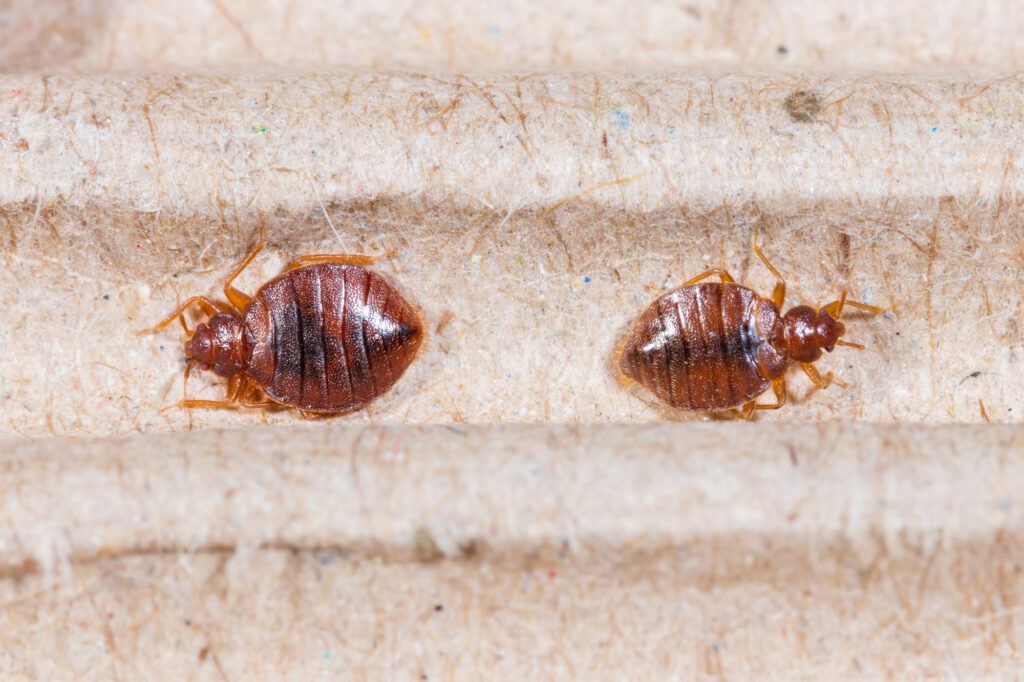
Typical ways to remove bed bugs
To effectively remove bed bugs (Cimex lectularius and Cimex hemipterus), you should thoroughly wash and hoover all your belongings. Bed bugs can hide in fabrics and crevices, so it’s important to be thorough in your cleaning process. Here are five effective ways to remove bed bugs:
- Wash all infested clothing, bedding, and linens in hot water.
- Dry clean items that cannot be washed with hot water.
- Use a vacuum cleaner with a brush attachment to thoroughly vacuum all surfaces, including mattresses, furniture, and curtains.
- Seal infested items in plastic bags and leave them outside in the sun for several hours. The heat will help kill any remaining bed bugs.
- Consider using insecticide sprays or powders specifically designed for bed bug control.
Alternative methods
To combat bed bug infestations, consider diatomaceous earth or steam treatment. Diatomaceous earth, derived from fossilized diatoms, dehydrates and kills bed bugs on contact. Sprinkle it around your bed and furniture. Steam treatment is also effective; use a high-temperature steamer to kill bugs and eggs in cracks and crevices. Combining these methods with traditional approaches improves bed bug management.
Best: Call Professional Bed Bug Exterminators
Getting Rid of Fleas
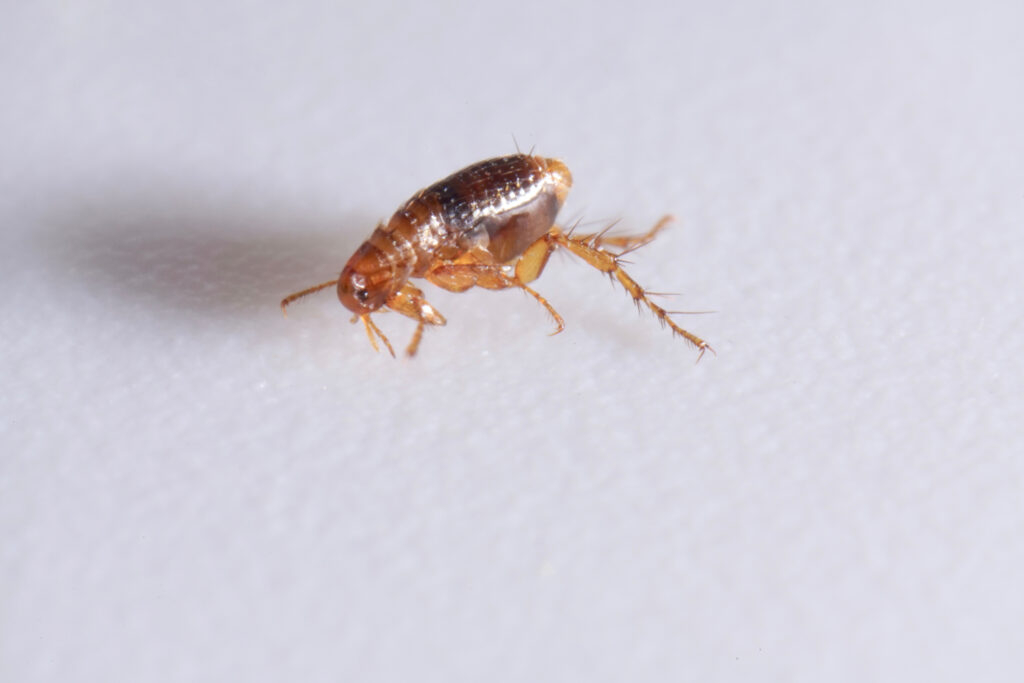
Typical methods to deal with fleas
Effectively manage fleas by washing bedding at the highest temperature and bathing pets with anti-flea shampoo. Hot washing kills fleas and eggs in bedding; consider professional cleaning if necessary. Vacuum carpets to remove flea eggs and larvae, and consider professional deep cleaning. Regularly bathe pets with anti-flea shampoo, following instructions carefully. These approaches improve flea control.
Alternative methods
If you’re looking for alternative methods to deal with fleas, consider using citronella, eucalyptus, peppermint, tea tree, and rosemary as natural flea repellents. These natural ingredients can be effective in keeping fleas away from your pets and home. Here are five ways you can use them:
- Citronella: Mix a few drops of citronella essential oil with water and spray it on your pet’s fur or around your home.
- Eucalyptus: Dilute eucalyptus oil with water and apply it to your pet’s collar or bedding.
- Peppermint: Make a peppermint spray by mixing peppermint oil with water and spraying it on your pet or around the house.
- Tea Tree: Add a few drops of tea tree oil to your pet’s shampoo when bathing them.
- Rosemary: Brew rosemary leaves in hot water, let it cool down, then use this mixture as a rinse after bathing your pet.
Best: Call Flea Control Professionals
Removing Rodents: Rats And Mice
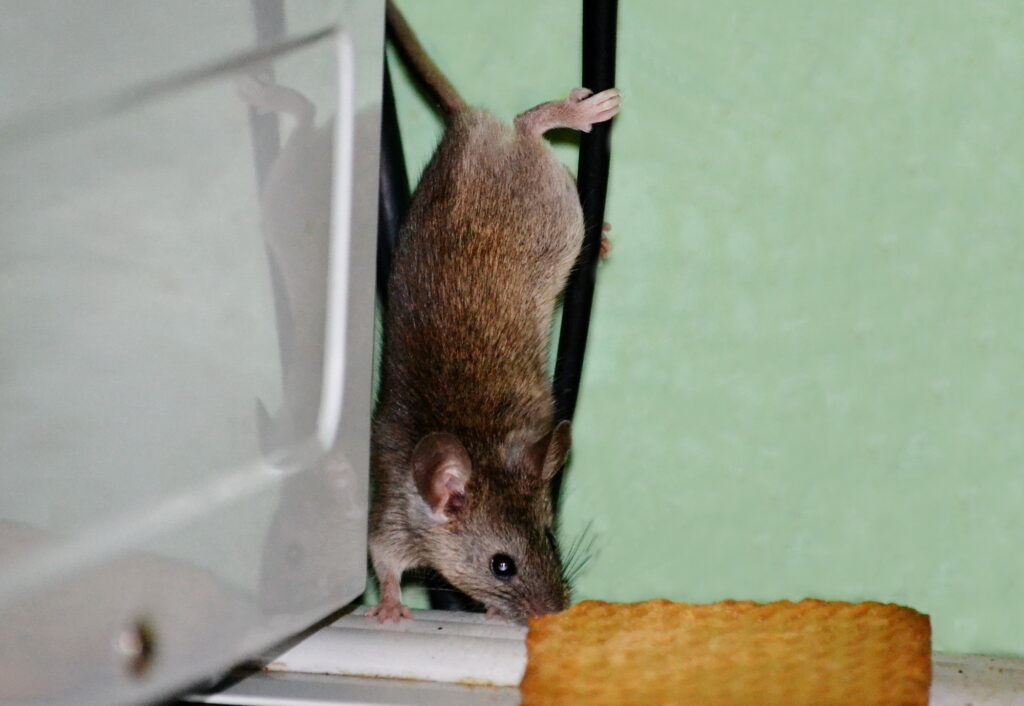
When it comes to dealing with rodent infestations, there are several common ways you can treat the problem. You can set up traps, use rodenticides, or try using natural repellents like peppermint oil. However, if you’re looking for a more effective and long-lasting solution, the best option is to hire professional pest control services. They have the expertise and tools to not only eliminate existing rodents but also prevent future infestations from occurring.
Common ways to treat rodent infestations
You can effectively treat rodent infestations by setting traps and poison baits in areas where you have observed signs of their activity. This could include droppings, chewed wires or furniture, or gnaw marks on walls. Placing the traps and baits along their pathways will increase the chances of catching or eliminating them. It is important to make sure that the traps are properly set and positioned to maximize effectiveness. When using poison baits, be cautious about potential harm to children and pets, and follow the instructions carefully. Additionally, it is crucial to seal off any entry points that rodents may use to gain access to your home. By taking these measures, you can effectively manage a rodent infestation.
| Trap Type | Advantages | Disadvantages |
|---|---|---|
| Snap Traps | Quick kill | Can be dangerous to pets |
| Glue Traps | Captures rodents alive | Inhumane for some people |
| Electronic Traps | Humane kill | Requires battery |
| Bait Stations | Keeps bait secure | May not catch all rodents |
| Poison Baits | Effective over large area | Potential harm to pets |
Alternative methods for deterring rodents
To deter rodents effectively, try peppermint oil or seal entry points. Place peppermint oil-soaked cotton balls in areas of rodent activity; its scent repels mice. Seal cracks, gaps, and holes with caulk or steel wool, focusing on areas like pipes, vents, and windows. This creates an inhospitable environment for rodents, safeguarding your home.
Best: Call a Professional Rodent Control
Wasps And Wasp Nests
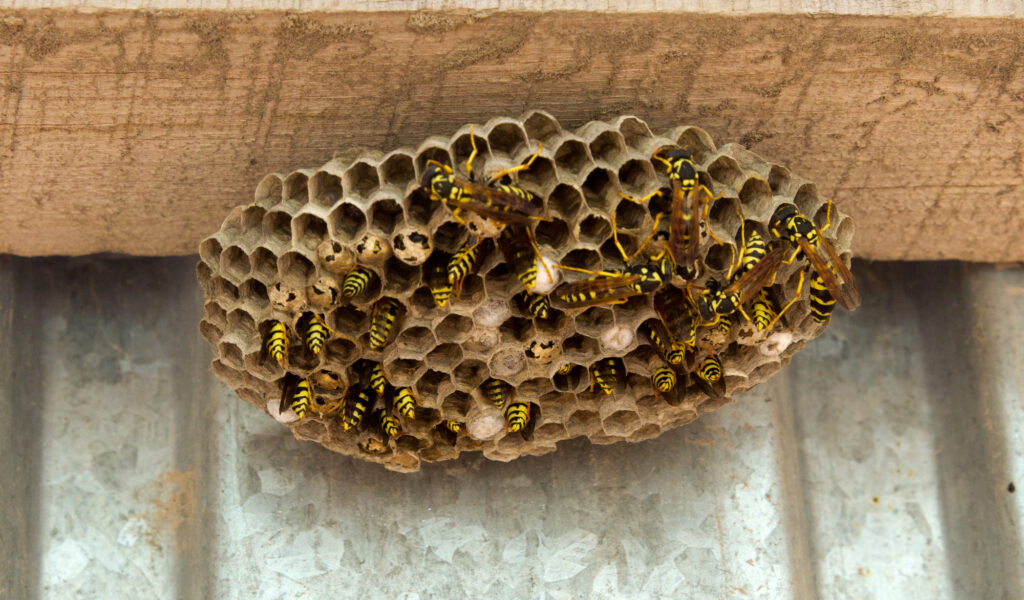
Typical methods to treat wasps
Using wasp sprays is the easiest and most common method of treating wasps. It allows you to keep a safe distance from aggressive insects while effectively eliminating them. When using a wasp spray, make sure to read the instructions carefully and follow all safety precautions. Aim for the nest from a distance of at least 15 feet, targeting the opening of the hive. The spray should quickly immobilize or kill the wasps upon contact. To give you a better understanding, here’s a table showcasing some popular brands of wasp sprays:
| Brand | Active Ingredients |
|---|---|
| Raid | Tetramethrin, Sumithrin |
| Spectracide | Lambda-cyhalothrin |
| Ortho | Prallethrin, Cypermethrin |
Alternative methods
If you’re looking for an alternative method, consider using makeshift bottle traps to keep wasp numbers down. These traps are easy to make and can be effective in reducing the presence of wasps in your area. Here’s how you can create your own bottle trap:
- Find a plastic bottle and cut off the top third.
- Fill the bottom part of the bottle with sugary water, which will attract the wasps.
- Invert the top part of the bottle and place it inside the bottom part, creating a funnel shape.
- Secure both parts together with tape or string.
Once set up, these traps will lure in wasps with their sweet scent but prevent them from escaping due to the funnel shape. Remember to regularly empty and clean out the traps to maintain their effectiveness. With some patience and these homemade traps, you can help control those pesky wasp populations around your home or garden.
Best: Professional Wasp Nest Removal
The best way to control wasps around your home or garden is by hiring a professional pest control service. These experts have the knowledge, experience, and equipment to safely and effectively remove wasp nests and eliminate the threat of stings. Trying to tackle a wasp problem yourself can be dangerous and may not fully solve the issue. Professional pest control services offer a range of benefits, including:
| Benefits | Description |
|---|---|
| Expertise | Professionals are trained in identifying different types of wasps and their nesting habits. They can accurately locate and remove nests without causing harm to you or the environment. |
| Safety | Pest control technicians use specialized protective gear and techniques to ensure their safety during nest removal. This minimizes the risk of getting stung or injured. |
| Long-term Solution | By eliminating the entire nest, professionals prevent future infestations, providing you with long-lasting relief from wasp problems. |
Getting Rid of Ants
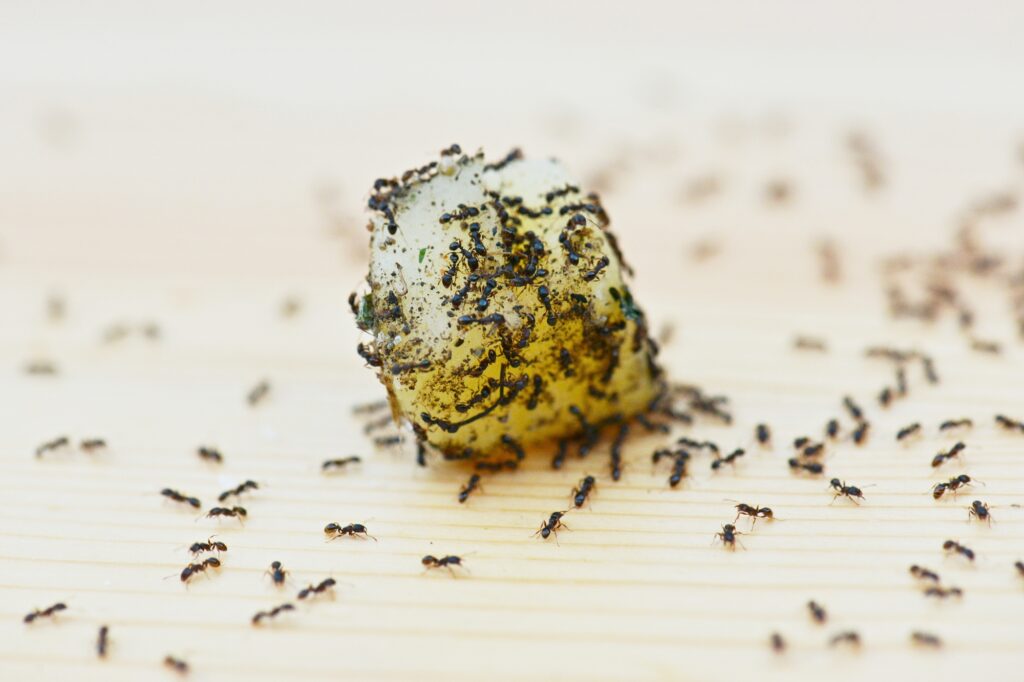
When it comes to getting rid of ants, there are a few typical methods you can try. You could use ant baits or sprays that are readily available at most stores. However, if you’re looking for alternative methods, you might consider using natural remedies like vinegar or cinnamon. Ultimately, the best solution for effective and long-lasting ant control is to hire professionals who have the expertise and tools to eliminate the problem completely.
Typical methods for removing ants
One effective way to remove ants from your home is by using ant sprays or powders. These products contain chemicals that are designed to kill and repel ants, making them an easy and convenient solution for getting rid of these pesky insects. Simply spray the affected areas or sprinkle the powder along the ant trails or entry points, and watch as the ants disappear.
However, it is important to note that while ant sprays and powders can be effective in eliminating ants temporarily, they may not provide a long-term solution. Ant colonies can be complex and have multiple nests, so it’s crucial to address the underlying cause of the infestation to prevent future occurrences.
To emphasize this point further, here is a table highlighting some common methods used for removing ants:
| Method | Description | Pros |
|---|---|---|
| Ant Sprays | Chemical-based products that kill and repel ants | Easy to use |
| Ant Powders | Powder formulations designed to eliminate ants | Convenient application |
| Natural Remedies | Non-toxic solutions like vinegar or citrus oils | Environmentally friendly |
Alternative methods
To naturally remove ants from your home, try vinegar or citrus oils. Sprinkle ground cinnamon in entry areas and rub vinegar vigorously along their path to disrupt their trail. Dilute citrus oils with water and spray along entry points or wipe surfaces. These eco-friendly remedies offer safe alternatives to chemical sprays, effectively keeping your home ant-free. Similarly, seal cracks and gaps in doors and windows to prevent rodent entry, combining methods for a pest-free home.
Best: Call Professional Ant Control
Remove and Prevent Woodworm
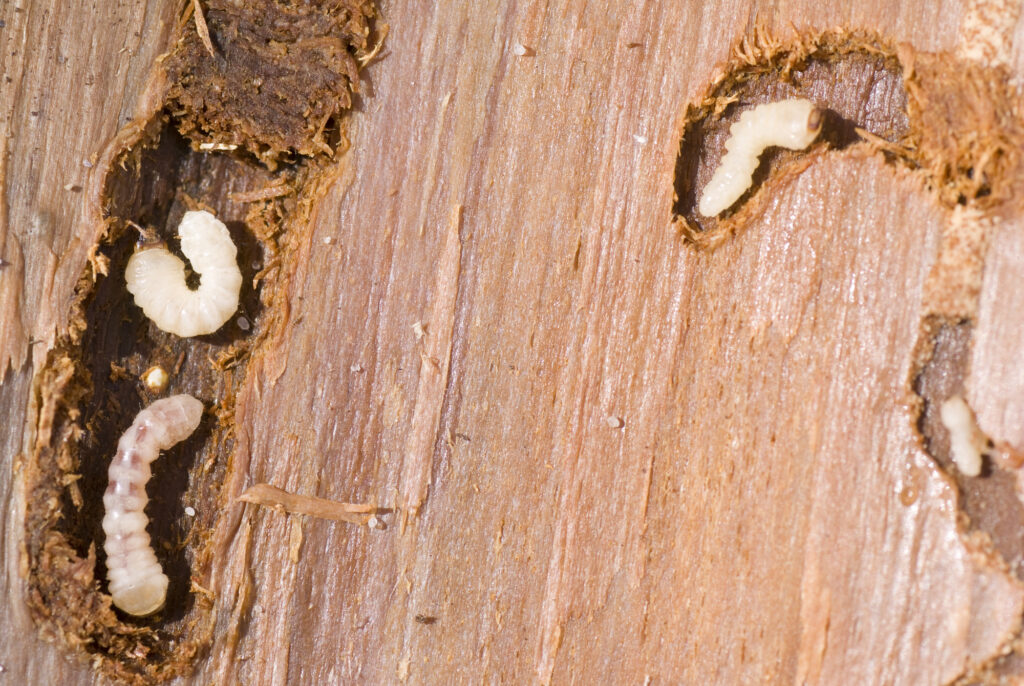
If you’re dealing with woodworm infestation, you’ll find it helpful to know the typical methods of treating these pests. There are also alternative methods available that you might consider. In this discussion, we will explore the best woodworm treatments to effectively remove and prevent further damage caused by these pesky creatures.
Typical methods of treating woodworm
To tackle woodworms, consider aerosol sprays or oil coatings as key prevention measures. Aerosols are convenient for targeting affected areas with insecticides, halting wood-boring larvae and averting further harm. Oil coatings serve as protective barriers, deterring egg-laying insects and preserving wooden structures. For severe infestations, professional assistance is crucial to prevent escalating damage.
Alternative methods
To effectively combat woodworm infestations, you can try using natural remedies such as vinegar or essential oils. These alternative methods are not only effective but also safe for you and the environment. Here’s a list of natural remedies that can help you get rid of woodworms:
- Vinegar: Mix equal parts of white vinegar and water in a spray bottle. Spray the solution directly on the affected areas to kill the woodworm larvae and eggs.
- Essential oils: Certain essential oils like tea tree oil, eucalyptus oil, and lavender oil have insecticidal properties that can repel woodworms. Add a few drops of your preferred essential oil to a cup of water and spray it on the infested wood.
- Borax powder: Sprinkle borax powder on the affected areas and leave it overnight. Vacuum or wipe away the powder in the morning to eliminate woodworms.
- Sunlight exposure: Place infested wooden items under direct sunlight for several days. The heat will kill any existing woodworm larvae or eggs.
Best: Call Professional Woodworm Treatments
Prevent and Remove Moths
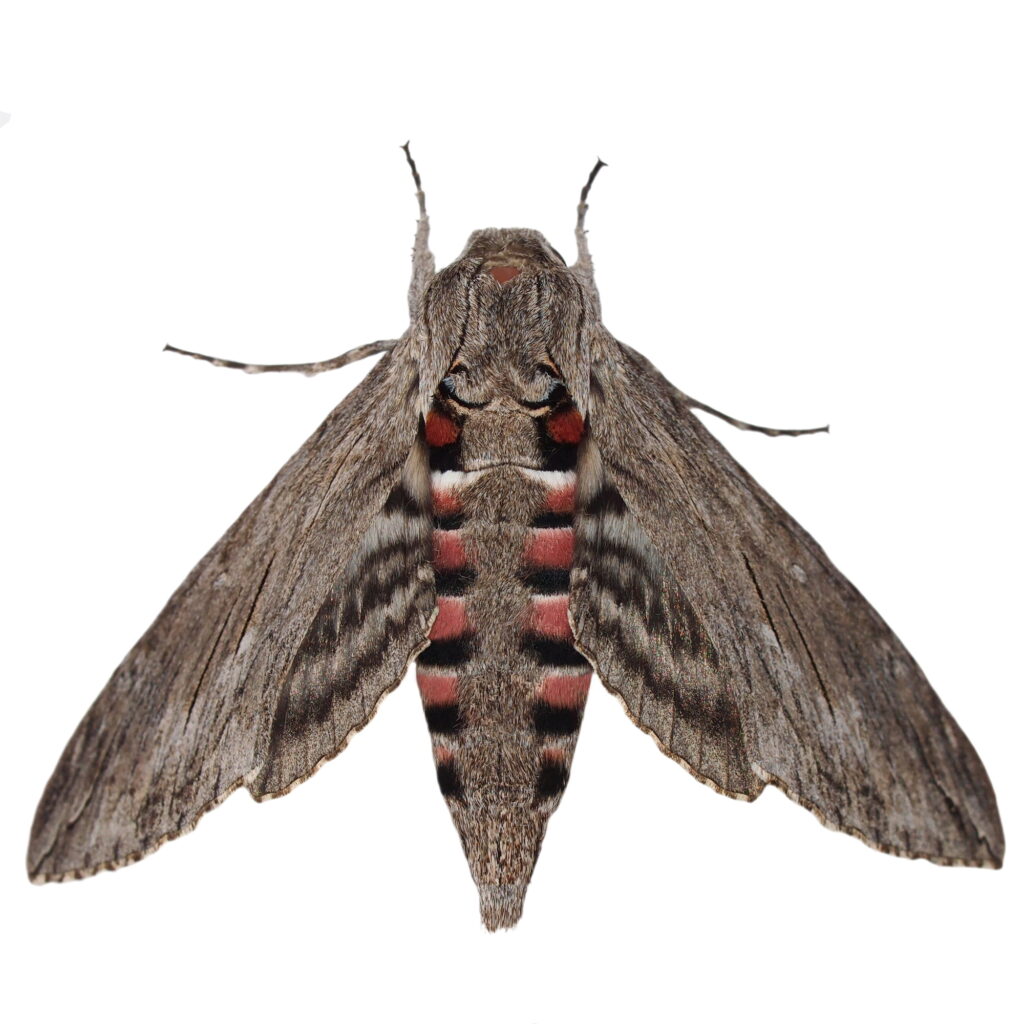
So, you’re dealing with a moth infestation and looking for effective ways to remove them. In this discussion, we will explore the common methods used to get rid of moths, as well as alternative approaches that you might find helpful. Finally, we’ll reveal the best moth control method that guarantees long-term prevention and eradication of these pesky insects.
Common moth-removing methods
Regularly vacuum and clean your closet to deter moth infestations. Keep storage areas tidy and free of debris as moths are drawn to dark, undisturbed spaces. Use natural repellents like cedar balls or lavender sachets in closets and drawers. Freezing infested items for 48 hours kills eggs, larvae, and adult moths. For delicate items, store them in airtight bags with moth-repellent strips. These practices will protect your wardrobe and maintain clothes’ freshness.
Alternative methods
Try using cedar and lavender essential oils as a natural moth repellent. Soak cotton balls in the oils and place them in moth-prone areas like closets. The strong scent deters moths, protecting your clothes and fabrics while leaving a pleasant aroma behind. Say goodbye to moths and hello to a fresh-smelling space!
Best: Call Professional Moth Control
Getting Rid of Houseflies
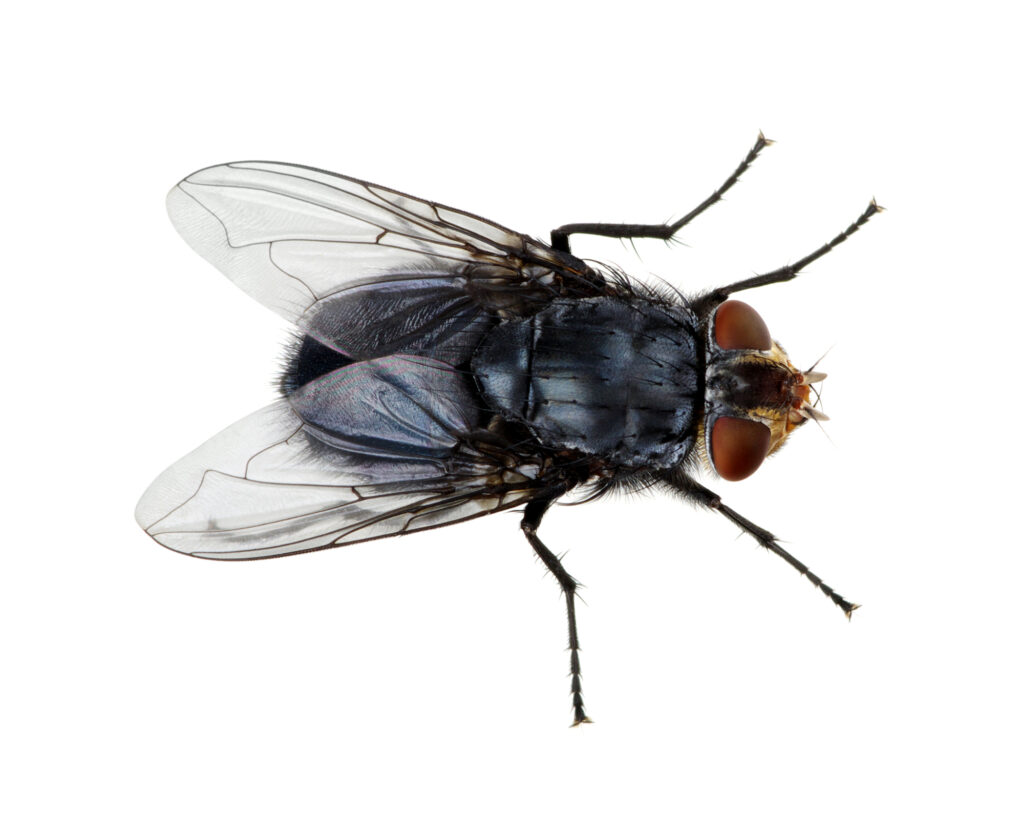
If you’re dealing with a house fly problem, there are several common treatment methods you can try. These include using fly swatters, sticky traps, and insecticides. However, if you’re looking for alternative methods that are more natural or environmentally friendly, you might consider using essential oils or homemade fly repellents. Ultimately, if the infestation persists or becomes too overwhelming to handle on your own, it may be best to call in professional fly exterminators who have the expertise and tools to effectively eliminate the issue.
Common fly-treating methods
To treat common flies effectively, first, remove dead animals and clear blocked drains to eliminate breeding grounds. Prompt disposal of carcasses is crucial, as they attract flies. Unblock drains to prevent stagnant water buildup. Use fly traps or insecticides designed for flies after eliminating attractants. Maintain hygiene with regular cleaning and waste management for lasting results.
Alternative methods
Consider experimenting with natural fly repellents such as citronella candles or apple cider vinegar traps to keep flies away from your home. Flies can be a nuisance, buzzing around and landing on your food and surfaces. But you don’t have to resort to harsh chemicals to get rid of them. By using natural methods, you can effectively repel flies while keeping your home safe and toxin-free.
One option is to use citronella candles. These candles are infused with the scent of citronella oil, which flies find unpleasant. Simply light the candle and place it in areas where flies tend to gather, such as near windows or doors. The aroma will help keep them at bay.
Best: Call Professional Flies Exterminators
Frequently Asked Questions
How do I prevent pests from entering my home in the first place?
To keep pests out of your home, start by sealing all cracks and crevices with caulk. Install door sweeps and window screens to block their entry. Keep a clean home, free from food crumbs and standing water.
Are there any natural remedies or DIY solutions for pest control?
Yes, there are natural remedies and DIY solutions for pest control. You can use items like vinegar, baking soda, and essential oils to repel pests. Regular cleaning and sealing of any cracks or openings also help prevent infestations.
What should I do if I have a severe infestation that I can’t handle on my own?
If you have a severe infestation that you can’t handle on your own, it’s like trying to swim against a raging river. In this case, it’s best to call in professional pest control services for effective and efficient extermination.
Can pests cause any health hazards or diseases?
Yes, pests can cause health hazards and diseases. They carry harmful bacteria and viruses that can be transmitted to humans. It’s important to address pest infestations promptly to protect your health and well-being.
How often should I schedule professional pest control treatments?
You should definitely schedule professional pest control treatments as often as you want to keep dealing with those pesky pests. It’s not like they’ll magically disappear on their own, right?
Looking for effective and environmentally friendly pest control solutions? Visit Bugwise Pest Control for top-quality services and expert advice.
